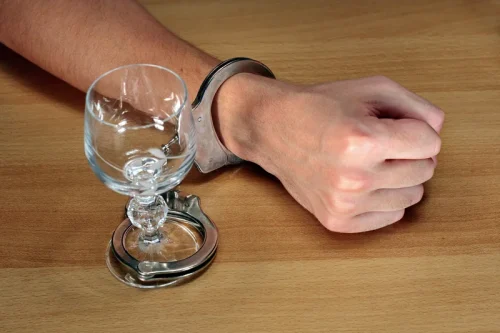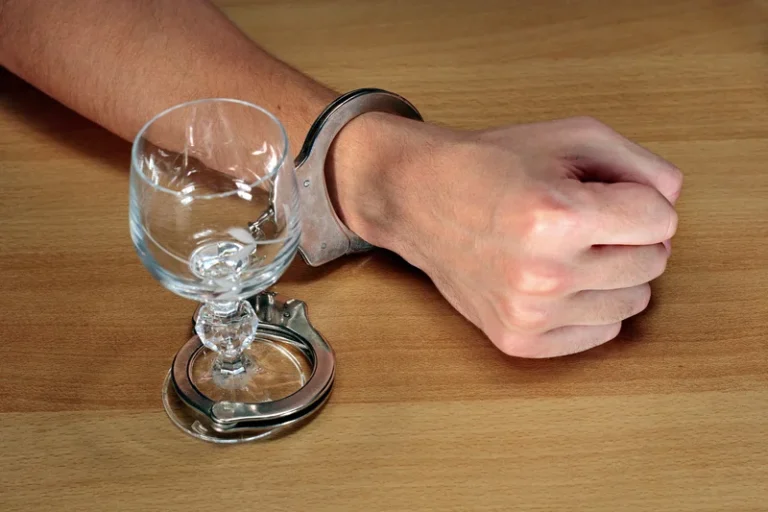
Though, there may people with whom you can only make partial restitution with. Similarly to making living amends, it’s also important to note that making amends is not a one-time event but rather an ongoing commitment that must be woven into an individual’s lifelong recovery journey. As the person in recovery continues to grow and evolve, they may uncover additional relationships or harms that require attention and repair. This can be difficult to grasp; your sponsor or spiritual advisor can help. Every person travels it differently, with unique experiences and opportunities. When a loved one is in recovery, they are working on their mind, body, and spiritual connection to themselves and others.
- Your commitment to staying sober is an important part of recovery.
- Many start moving forward through the 12 steps with few efforts.
- John’s key responsibilities include maintaining the day-to-day operations from both a clinical and housing perspective.
- This is true not only for people in recovery but for all of us.
- These situations cause a lot of undue stress which may lead you to drink.
Navigating Step Nine: Living Amends
Our Programs serve Maricopa County and the surrounding cities and regions with evidence-based behavioral healthcare provided by individuals passionate about recovery. We are a licensed drug rehab in Phoenix, AZ, with substance abuse and Arizona alcohol rehab programs. Changes Healing Center is here if you need additional support besides your sponsor. We offer intensive outpatient programs that are good step-down options, especially if you feel you might relapse, as well as detox and residential programs. You can also follow this format when writing a letter to meet the requirements of Drug rehabilitation this recovery process step. Letter writing might be helpful if you’re afraid they won’t meet in person or won’t hear what you have to say.
What Are the 12 Principles of AA?

Your loved ones deserve living amends from you, whether they are alive or if they have passed. This is one of the best tools to make amends with a deceased loved one. Generally, AA participants should aim to make full amends as early as possible.
Need Help More Help for Alcohol Recovery? Changes is Here to Support Lasting Sobriety
Still, identifying and setting out to make things right are key steps in helping you stay sober. living amends If you are working an Alcoholics Anonymous program, following AA’s Big Book, then first let’s say congratulations! Your commitment to staying sober is an important part of recovery.
In-person meetings typically take place in churches, recreational centers, clubhouses, treatment centers, and office buildings. A common AA meeting format is where a leader or chair selects a topic for discussion. After the meeting, people may introduce themselves and socialize. How to Get the Most from AA 12-Steps Most people who have participated in an addiction treatment program have been exposed to the 12 Steps in some manner or form. However, to truly get the maximum benefit from the 12 Steps of Alcoholics Anonymous, you need to immerse yourself in the steps. Hearing the experiences of others will give you strength and confidence.
Part of this experience is rebuilding family connections through amends. The 12 Steps help people with a substance use disorder create lasting change in recovery and reconnect with family to help cement that change. But as mentioned earlier, making amends isn’t just about saying sorry and acknowledging past mistakes. Living amends demonstrate personal growth and commitment to change in recovery. It’s an alternative when direct amends cannot be made safely or might cause more harm.

AA helps with spiritual and emotional healing, while professional treatment tackles the psychological and physiological components. After embracing a sober lifestyle, you continue to live well and treat family and friends as they should be treated. You can’t erase the past, but with long-term sobriety, you can rebuild trust, repair relationships, and be close to your loved ones again. Living amends can take a lot of time but can be some of the most rewarding.
The Connection Between Meth Addiction and Co-Occurring Disorders
- In the 9th Step, they then begin to make direct amends whenever possible.
- You still need to seek addiction treatment, work the program, and commit to sober living.
- Many alcoholics are guided through the steps by a sponsor, but some individuals complete the steps on their own.
- It requires introspection, honesty, and humility to acknowledge the impact of one’s behavior on others.
- In many 12-step recovery programs, making amends is an important part of the process.
- Have you worked steps 1-8 with a sponsor and feel like you have a good foundation with them?
- Having had a spiritual awakening as the result of these Steps, we tried to carry this message to alcoholics, and to practice these principles in all our affairs.
Many people with substance use disorders tell themselves and others that they don’t have a problem with alcohol or drugs. Therefore, overcoming denial is vital to get a grip on reality and move forward in the quest for sobriety. Step 1 involves admitting you are powerless over drugs and alcohol and that your life is out of control. This requires humility and letting go of ego, which can be challenging.
- This step emphasizes the importance of making direct amends to those people who have been harmed due to one’s past actions, wherever possible, except when it may cause harm to them or others.
- You need to be able to convey genuine feelings of remorse to make amends successfully.
- If appropriate, you can let the person know how amends are related to staying sober.
- These principles are not rules, but rather ethical touchstones that help people change how they live, think, and treat others.
- Twelve-Step amends for many of us will remain an open or ongoing process.
- As a part of my recovery process, I have reflected on my behavior and realized that I have hurt you in the past though my___________.
You can continue attending AA meetings for as long as you want. Continued AA attendance benefits many people and helps them stay sober lifelong. Furthermore, Step 9 emphasizes the principles of forgiveness, healing, and reconciliation. In the spirit of Alcohol.org’s guidance, categorizing amends according to the readiness and appropriateness of each situation helps streamline the amends-making process. This structured approach ensures that amends are addressed conscientiously, avoiding undue harm and fostering genuine resolution.

Claim Your Recovery

Step 10 is a daily practice of self-examination where we review our thoughts, actions, and emotional reactions to ensure we’re staying on the path of spiritual growth. The Big Book describes this step as a way to avoid the return of selfishness, fear, and dishonesty—habits that can block our recovery if left unchecked. Emotional sobriety means being at peace with ourselves and others, and Step 10 helps us maintain that peace by promptly addressing any mistakes we make throughout the day. Step 8 is where we begin preparing for direct action in our relationships. It’s not just about writing names—this step calls us to honestly acknowledge those we’ve harmed and become spiritually prepared to make amends. The focus here is not on immediate action but on emotional readiness, ensuring we approach amends from a place of humility and sincerity.


